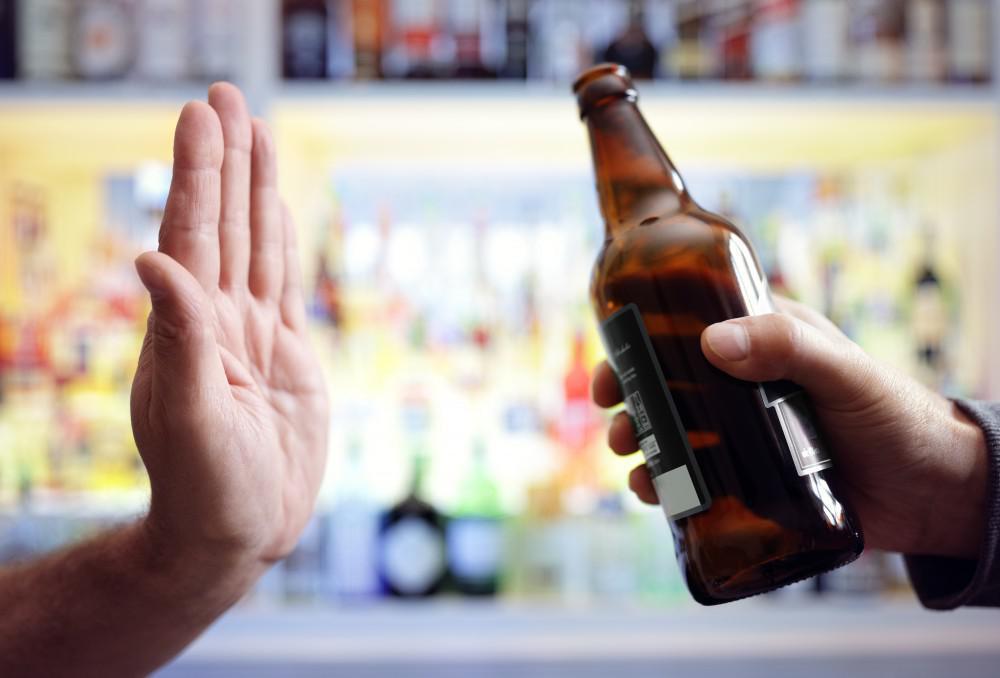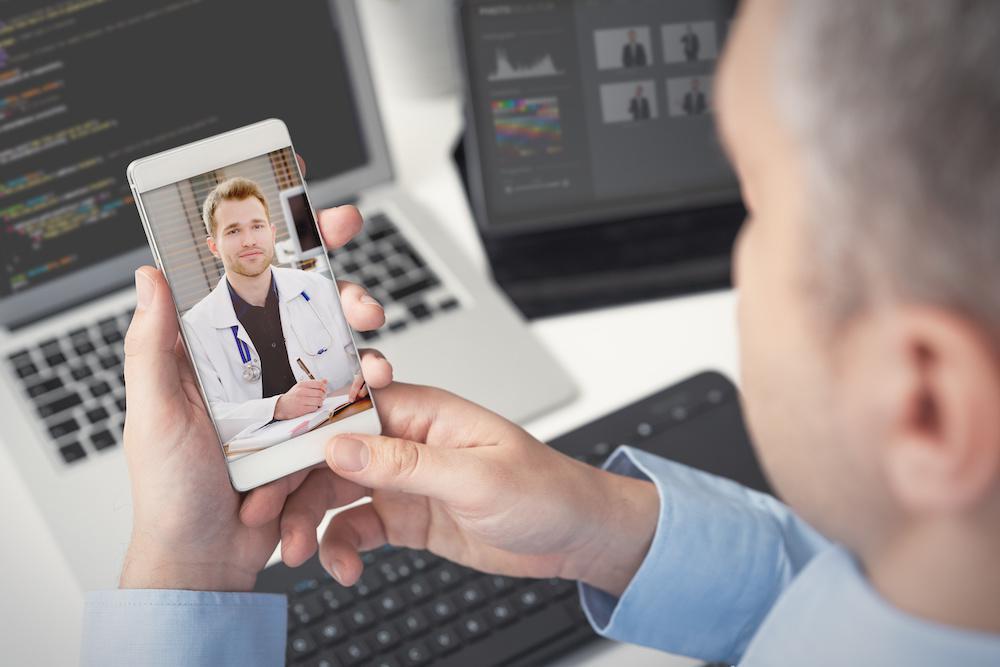
5 Tips for Staying Sober
You’ve done the work to become clean and sober, and you want to do what you can to stay that way. Here are five great tips that will help you safeguard your freedom from a substance use disorder.

Whether you’re taking opioids as a part of a pain management program or you’re using street drugs that contain opioids, a clear warning sign that you might be in trouble are withdrawal symptoms that develop when you stop.
To give you an idea about what we’re talking about, the our addiction specialist at Northview Wellness wants to outline some common withdrawal symptoms. By recognizing these symptoms, our hope is that you also recognize that you’ve likely developed an opioid use disorder, which means it’s time to seek our help.
There are two sides to an opioid use disorder — addiction and dependence — and the latter is present when you experience withdrawal symptoms when you stop taking opioids. When you take or misuse opioids for long periods, your body begins to reconfigure itself in such a way that it relies on the drug to feel “normal.”
When you stop using opioids, your body and brain can feel anything but normal, and the withdrawal leads to a wide range of side effects, six of which we review next.
When people stop using opioids, they can encounter a wide range of physical withdrawal symptoms, including:
As if these side effects of withdrawal aren’t bad enough, the mental symptoms, such as intense cravings and very high anxiety levels, can be equally difficult to deal with.
The timeline for these symptoms depends upon the drug you’re taking and how long it stays in your system. In most cases, mild withdrawal symptoms begin 5-24 hours after you stop using and peak symptoms occur 24-48 hours after you withdraw.
In most cases, these symptoms begin to abate after 3-7 days, and where you might fall in this range depends upon many factors, especially how long you’ve been taking opioids.
The timeline of withdrawal symptoms can be thought of this way: At first, your body is concerned that it’s not receiving the opioids and objects mildly, if only to remind you to take some more. As you wait it out, your body begins to panic, which is what creates the much more severe symptoms.
If you persevere, your body slowly, and often reluctantly, begins to adjust to the fact that no opioids are coming and your withdrawal symptoms begin to wane.
While this description may seem a little benign, withdrawing suddenly from opioids can be very dangerous.
If the symptoms of withdrawal sound unpleasant, we assure you that they are, which is why you shouldn’t detox on your own. For your best chances of success and to ease your symptoms, we urge you to detox under our medical supervision so that we can monitor your health and provide you with resources that ease the symptoms.
If you’d like to learn more about the signs of withdrawal and the best way to detox your body, please contact our office by phone or email to set up a
consultation

You’ve done the work to become clean and sober, and you want to do what you can to stay that way. Here are five great tips that will help you safeguard your freedom from a substance use disorder.

The connection between a substance use disorder and a mental health issue is a strong one, as the nearly eight million Americans who have a co-morbidity prove. When this occurs, treating both issues is paramount.

Addiction is a chronic disease that requires constant vigilance and good management. When a person falls short, relapse can occur. If you’re worried that a loved one has relapsed, here are some signs to look out for.

You believe that you’re drinking isn’t normal anymore, and you’re tired of the overwhelmingly negative effects that alcohol is having on your life. The good news is that alcoholism is highly treatable.

The rise in availability of telehealth services has been great news for those who need (or would prefer) to receive quality health care from the comfort of their own homes. These services also extend to substance use disorders.

Whether you’ve tried to break your opioid addiction before or this is your first attempt, why not greatly increase your chances of success with Sublocade®? Here’s a look at how Sublocade can ease your recovery journey.